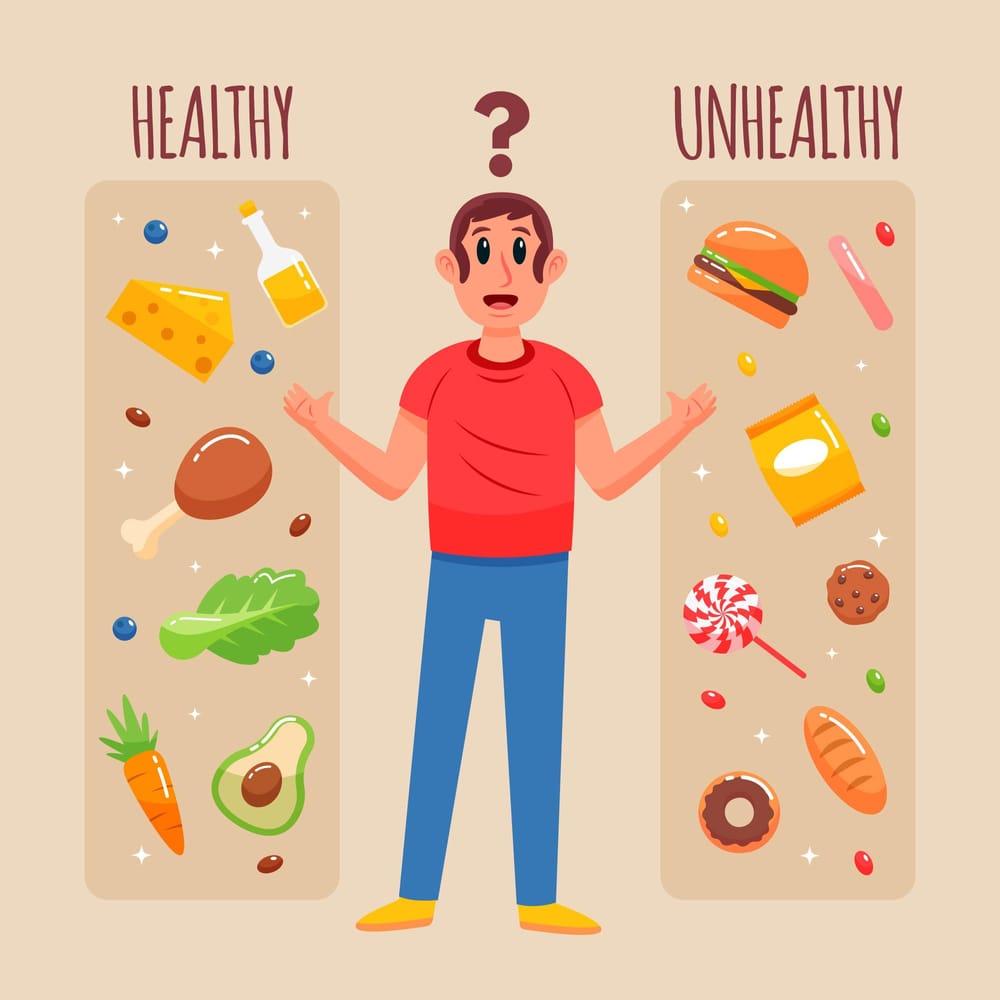Debunking Nutrition Myths: Facts vs. Fiction
In today's age of information, it's easy to fall prey to myths and misconceptions, especially when it comes to nutrition. From trendy diets to miracle foods, separating fact from fiction can be challenging. Let's dive into some common myths and explore the scientific evidence behind them.
Myth #1: "Carbs are Always Bad for You"
Fact: Carbohydrates are often villainized in popular media, but not all carbs are created equal. Whole grains, fruits, and vegetables provide essential nutrients like fiber, vitamins, and minerals. They're crucial for energy and overall health.
Scientific Evidence: Research shows that complex carbohydrates from whole foods contribute to a balanced diet and can help manage weight and reduce the risk of chronic diseases when consumed in moderation.
Myth #2: "Eating Fat Makes You Fat"
Fact: The idea that all fats are unhealthy and lead to weight gain is outdated. Healthy fats, like those found in avocados, nuts, and olive oil, are vital for brain function, hormone production, and absorbing certain vitamins.
Scientific Evidence: Studies demonstrate that incorporating healthy fats into a balanced diet can actually aid in weight management and reduce the risk of cardiovascular disease.
Myth #3: "Detox Diets Cleanse Your Body of Toxins"
Fact: Detox diets often promise quick fixes by eliminating toxins from the body through fasting or specific food regimens. However, our bodies have sophisticated systems, primarily the liver and kidneys, designed to detoxify naturally.
Scientific Evidence: There is no scientific evidence to support the effectiveness of detox diets in removing toxins that the body can't eliminate on its own. Instead, focusing on a balanced diet rich in fruits, vegetables, and water supports natural detoxification processes.
Myth #4: "Eating Late at Night Causes Weight Gain"
Fact: The timing of meals matters less than the total calories consumed throughout the day. Weight gain is more closely linked to overall calorie intake and the quality of food choices rather than the time of day they are eaten.
Scientific Evidence: Research indicates that factors like total daily calorie intake, physical activity level, and metabolic rate have a more significant impact on weight management than meal timing alone.
Myth #5: "Organic Foods Are Always Healthier"
Fact: While organic foods are grown without synthetic pesticides and fertilizers, they're not necessarily more nutritious than conventionally grown foods. Nutrient content can vary based on factors like soil quality and crop variety.
Scientific Evidence: Studies comparing organic and conventional foods have found minimal differences in nutrient levels. Both types can be part of a healthy diet, so choose based on personal preferences and budget.
Conclusion
Navigating the sea of nutrition myths requires critical thinking and a reliance on scientific evidence. By debunking common misconceptions and understanding the facts backed by research, you can make informed decisions about your diet and overall health.
Next time you come across a nutrition claim that sounds too good to be true, dig deeper. Look for reputable sources, consult registered dietitians or nutritionists, and consider the scientific evidence. Your body will thank you for making informed choices based on facts, not trends.




